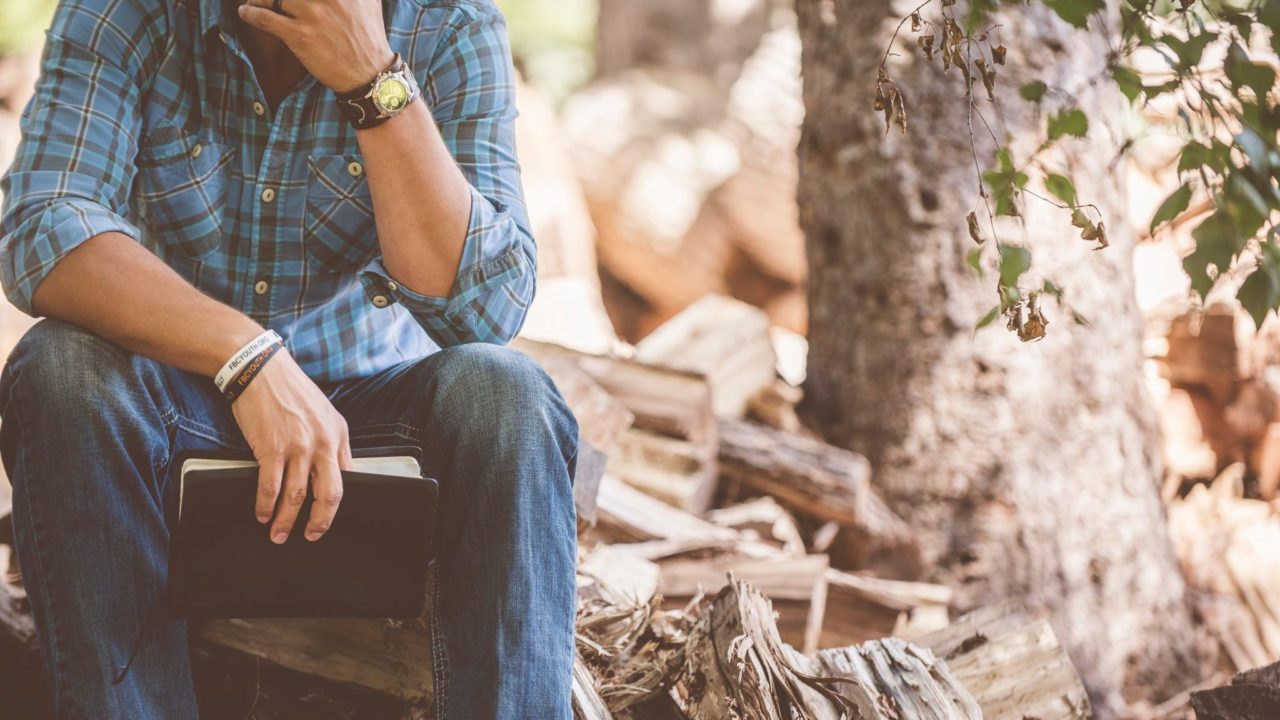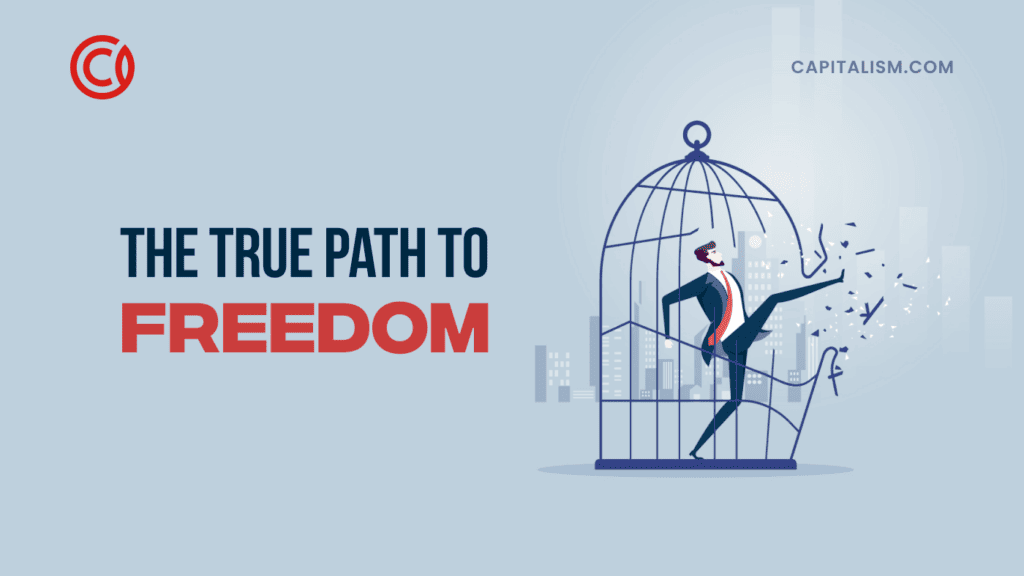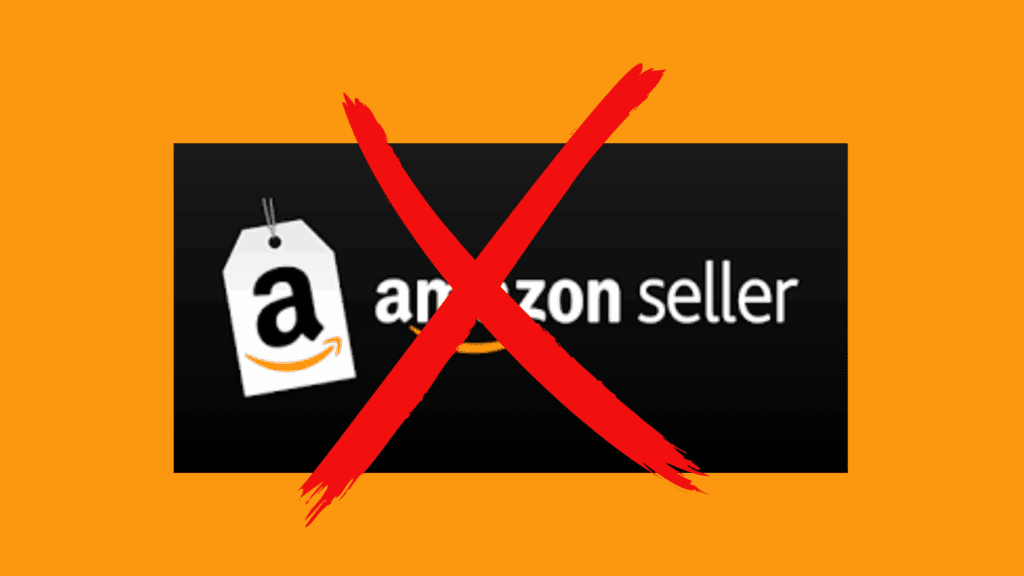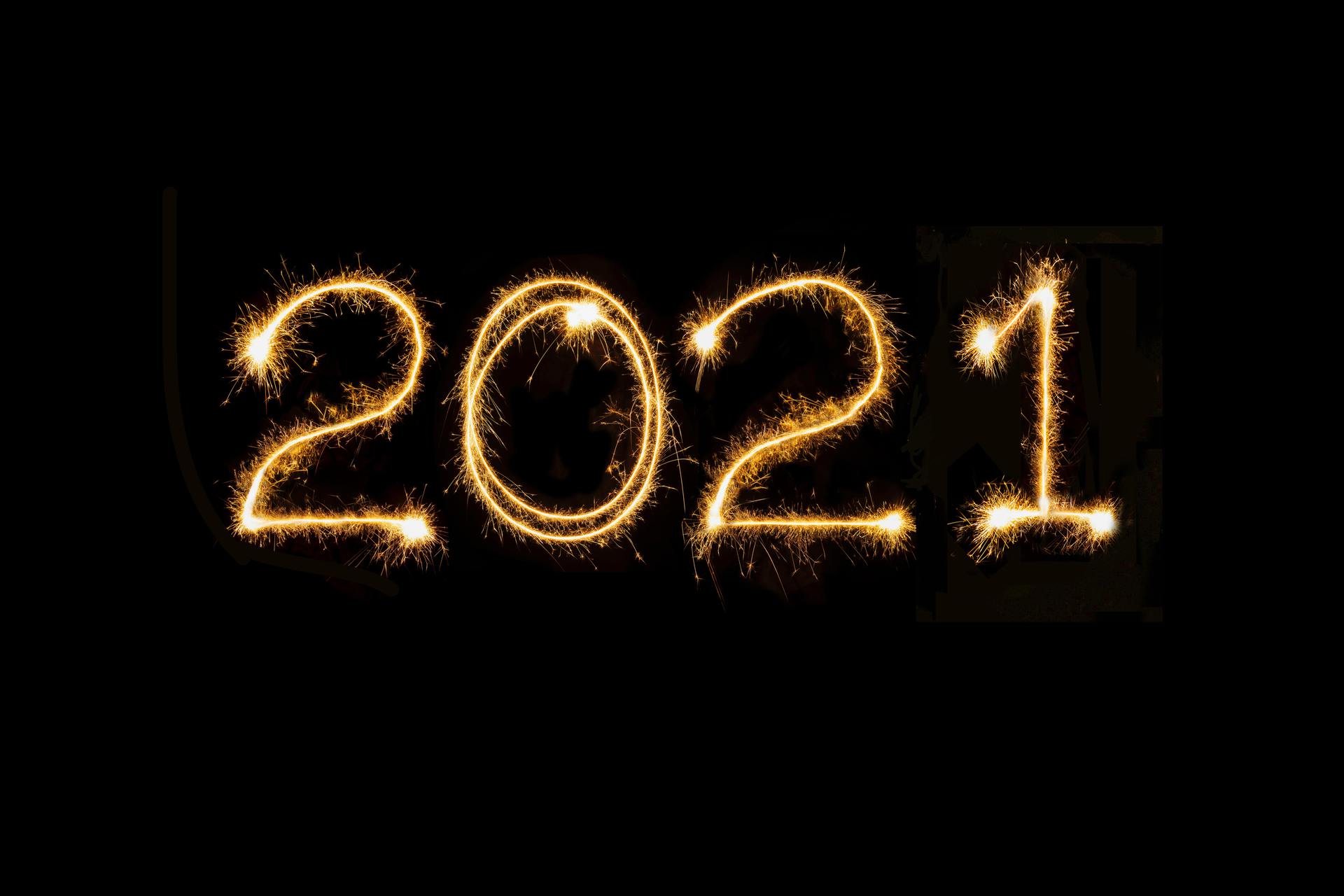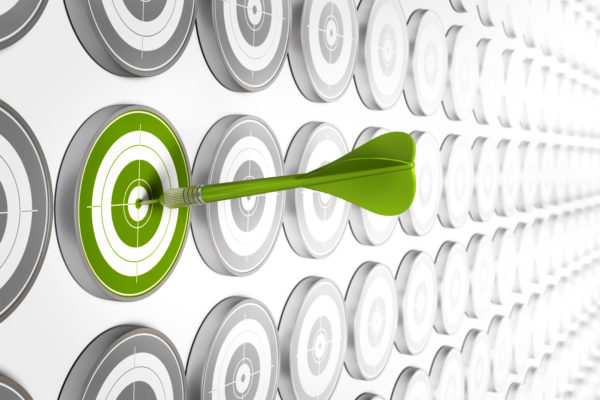Some entrepreneurs define success by how much money they have in the bank. But is that really the right barometer for achievement?
Hal Elrod was faced with this question when he was diagnosed with acute lymphoblastic leukemia, a rare cancer with a 10% survival rate. Hal emerged the other side with a clean bill of health, and a fresh perspective on what is important.
In an interview for the Freedom Fast Lane podcast, Hal shares what life after cancer taught him and how we can all adopt these learnings, ensuring we focus on what’s important to us.
Ask Yourself: What matters most to you?
There are certain things in life that far outweigh others in terms of importance. But not everyone has the ability to see these things with absolute clarity straight off the bat.
Having overcome a life-changing diagnosis, Hal Elrod has spent a great deal of time re-evaluating what is important to him. He believes this is an important discovery for everyone, regardless of your current situation.
The first question Hal urges others to ask is:
What really matters most to me?
In Hal’s experience, there were two things that matter. Your health and your relationship with yourself and the people you love.
The next question is this:
Are you honoring the things that matter to you in the way that you live your life?
How to Live in Alignment with What Matters
Take a look at your work schedule. How much is it aligned with what matters most to you?
Hal explains that he has always said his family matters most. But he, like most entrepreneurs, would spend one hour a day with them and 12 hours doing other things. Most these other things which were related to work.
What's more, the one hour he spent with his family was at the end of the day. He was exhausted and unable to offer the best version of himself.
What really changed Hal’s perspective was a conversation with his son. After offering several exciting activities that they could experience together, all Hal’s son wanted was to spend 30 minutes in the playroom with his dad, playing with action figures.
This kick-started a new habit for Hal, something he firmly believes you too can do.
Now every morning there is a 30-minute play session with his son scheduled into his diary. That 30 minutes includes board games, nerf guns and goofing off. This quality time has made their relationship stronger.
During this 30 minutes every morning, Hal is present both mentally and physically. This is what matters to him. Everything else can wait.
Redefine Your Relationship with Your Work
Most entrepreneurs never really live out the life that they desire. They are caught in an in-between. Constantly striving for financial stability but in the process missing out on what is important to them.
So what has Hal discovered about his relationship to work and how has his view of money and work changed since overcoming cancer?
Before his diagnosis, Hal was a self-proclaimed workaholic, and like most, he loved his work so it didn’t feel like work. 60 hours a week was normal and nothing felt wrong about that.
During his time in the hospital, unable to work for weeks at a time, Hal identified two things that were invaluable to his financial security.
- He had a team in place who continued to drive his business ventures and ensured that his income and revenue continued to go up.
- He had multiple sources of income.
Having multiple sources of income means you have a contingency plan and financial security. If one stream of income crashes you have one to fall back on. What’s more, you are in a position to transition into that secondary income stream on a full-time basis.
How to Change Your Habits in 30 Days
In Hal’s instance, his health was a wake-up call. But any of us can implement changes and introduce new habits into our lifestyle at any given moment.
To put anything into action you should commit for 30 days and look at these 30 days as three 10 day changes.
- Days 1-10: Unbearable
- Days 11-20: Uncomfortable
- Days 21-30: Unstoppable
If you’re making a change that is going to be a game changer, can you bear anything for 10 days? The answer is always yes.
The second 10 days are the transition phase where you’d rather do the old thing. The final 10 days are where the magic happens.
Somewhere in those 10 days, you’ll go to do the new habit and it will be effortless. You won’t even think about it. There’s no resistance and you don’t have to overcome anything.
That habit that used to be terrifying has become part of your identity and your everyday life.
